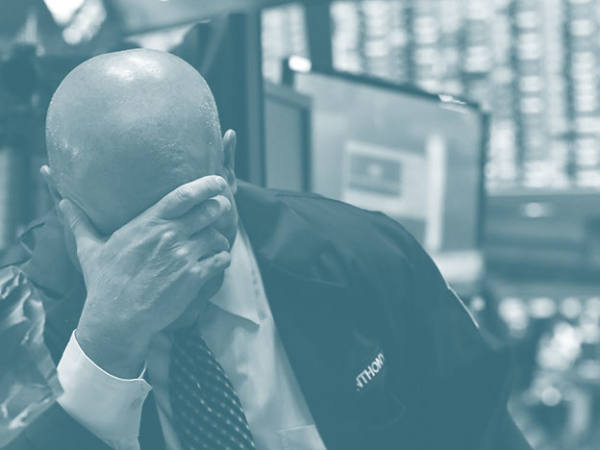That Mike Coupe, boss of Sainsbury, was filmed singing ‘We’re in the Money’ – otherwise known as ‘The Gold Diggers’ Song’ – after sealing a £7.3bn deal to buy supermarket rival Asda did not go down especially well. Mega-mergers like this generally mean job losses – ‘synergies’ in City parlance – and no doubt some of the staff will feel a little less certain that they’ll still have a job if the deal completes, while suppliers are also fearing a squeeze. As Mr Coupe admitted, it was “an unfortunate choice of song”.
Perhaps a more appropriate choice would have been the Irving Berlin classic ‘Let’s face the music and dance’ (opening line “There may be trouble ahead”). Indeed, despite the ebullient reaction of the market (Sainsbury’s shares climbed 17 on news of the deal), there remains the lingering risk that the Competition and Markets Authority (CMA) might scupper the deal. Our news piece on page 9 asks whether we are seeing an emerging Tesco/Sainsbury duopoly controlling nearly 60 per cent of UK grocery spending, and MPs have wasted no time in voicing concerns, despite Mr Coupe’s promise that this would see consumers getting better prices.
Yet the market’s reaction suggests it is sanguine, partly because news of the deal follows the decision to wave through the tie-up of Tesco and Booker. There was widespread astonishment that such a merger was green-lighted, but it suggests that the competition regulators are concerned less about near-duopolies than the threat of an emerging retail monopoly in the form of Amazon, and are perhaps adopting a ‘better the devil you know’ approach to grocery mergers.
Even so, scaling up is no guarantee that UK supermarkets will be able to fend off the challenge of Amazon, or indeed nimble discounters such as Aldi and Lidl that have been gobbling up market share at the fringes (and as a recent convert I can understand why). Their success demonstrates that bigger has not always been better in grocery retail, and indeed overexpansion and poorly integrated acquisitions explain much of the weakness at Tesco and Morrison in recent years. In this respect, Sainsbury has a mixed track record: the purchase of Argos seems to be going well, but a joint venture with Netto to build a UK rival to the German discounters was quickly shelved.
All in all, shareholders across the grocery sector have certainly not been in the money, and despite recent signs of recovery there is still much heavy lifting to do in the face of stiff competition and weakening household finances. Perhaps we should instead be signing along to Engelbert Humperdinck – “Please release me…” from supermarket shares; they’re hard to love any more.











